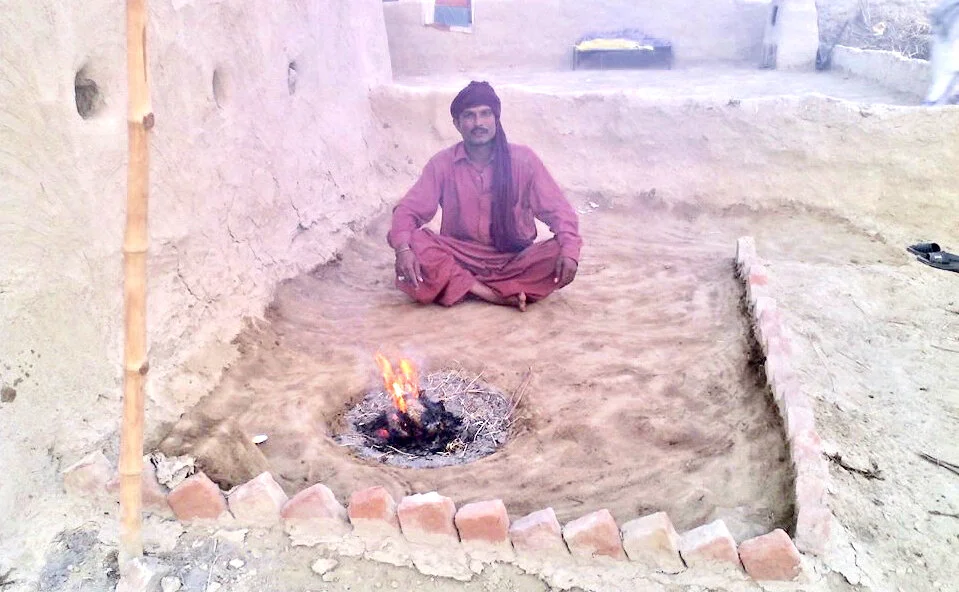Sometimes You’re Powerless
/Khanpur, Pakistan
My first journey outside the protective womb of the Deep South was to a dozing cane field of a town in southeast Mexico, Cosamaloapan. I traveled overland in a wheezing International Scout with a Cuban. He was vague about his origin, but I knew enough to figure out that he didn't wash up on South Beach in some fragile inner-tube raft. He carried himself like one whose family once held land, in a sort of noble resignation…one of those pathos folk—good looking but cartoonish, prone-to-brooding, troubled.
We met some locals—rough, calloused ranch hands in starched jeans and pearl button cowboy shirts and crisp hats. We ended up sharing tacos in a grimy local cantina. The town sheriff slouched at the bar, harassing a plump young girl. He was a caricature lawman…open-shirt, hairy-chest, potbelly, drunk.
Half-way through the tacos, he staggered over to where we sat and slammed a weathered pistol down on our table. The gun spun a lazy circle and stopped, its cannon barrel staring into my sinking soul. His bourbon scent wafted over us. I avoided eye contact. The ranch hands shuffled, timid and embarrassed. He asked me if I wanted to buy a Mexican trinket. I stared meekly at my taco.
I understood, in that time-stricken moment, that I was powerless. I didn't stand and swap insults with him. I didn't move. I was a peasant, like the rest of the men around the table. I didn't seethe in anger or proudly resist my emasculation. I focused on my plate and hoped I would survive.
Time stands still in moments of powerlessness—that proverbial stare into the abyss. I discovered in that eternal moment that I was not arrogant or proud or brave or witty, but neither was I a coward. I was a survivor—nothing more, nothing less. I would do what it took to live another day.
I thought of my two-year-old son back home. I thought I would like to see him. I thought I would like to live.

